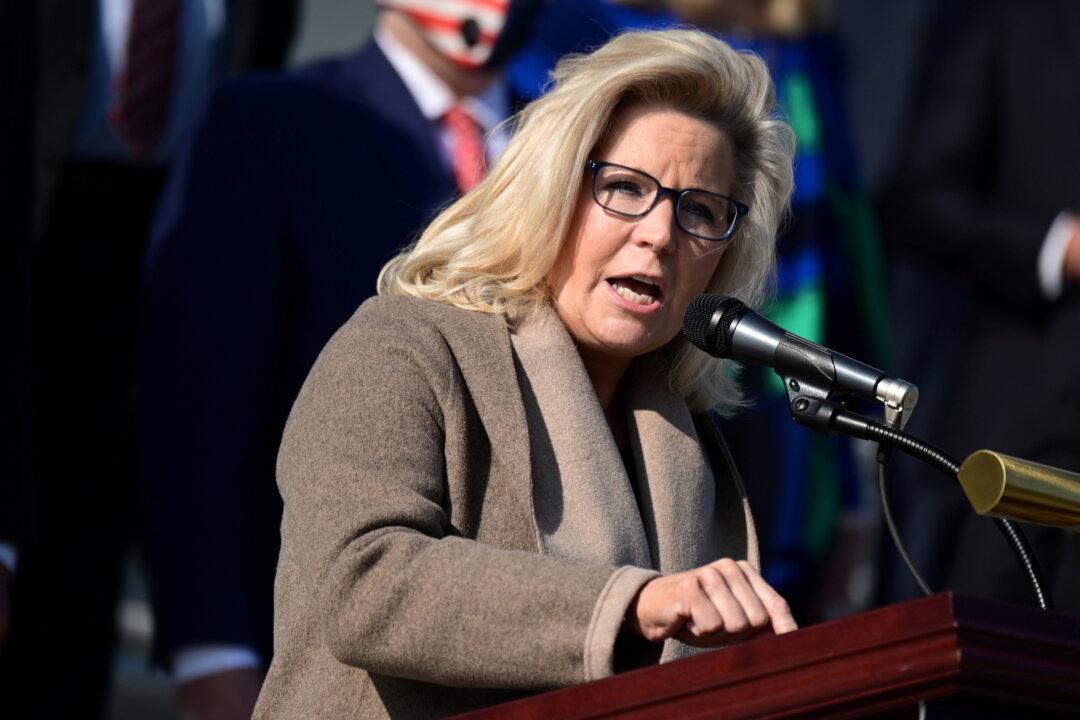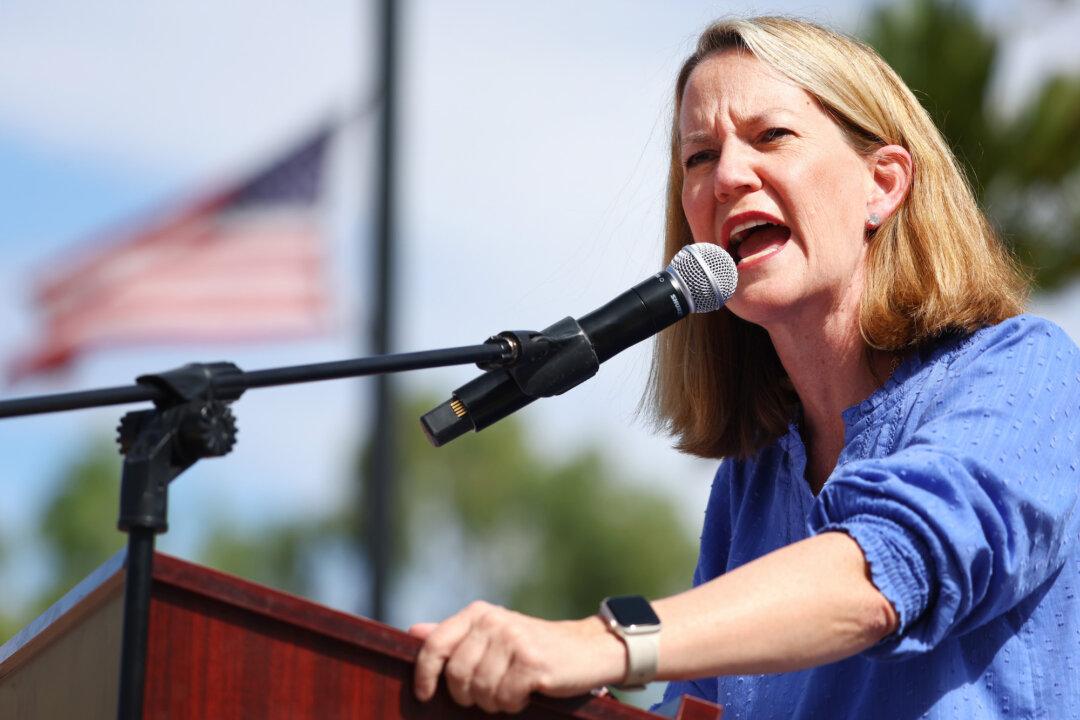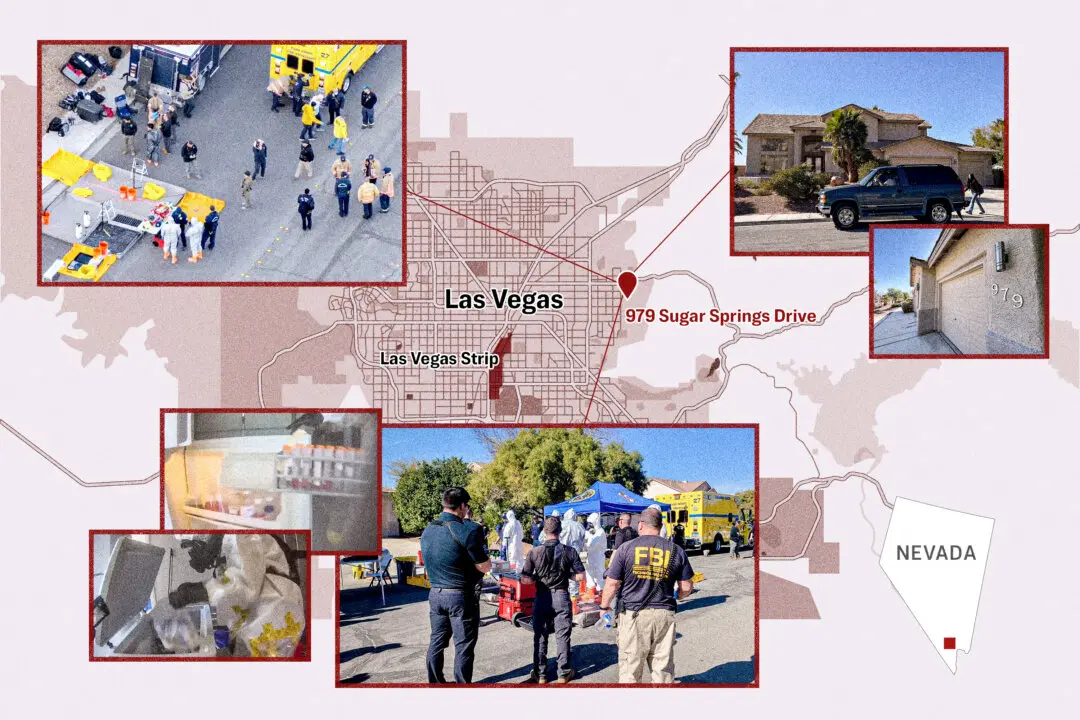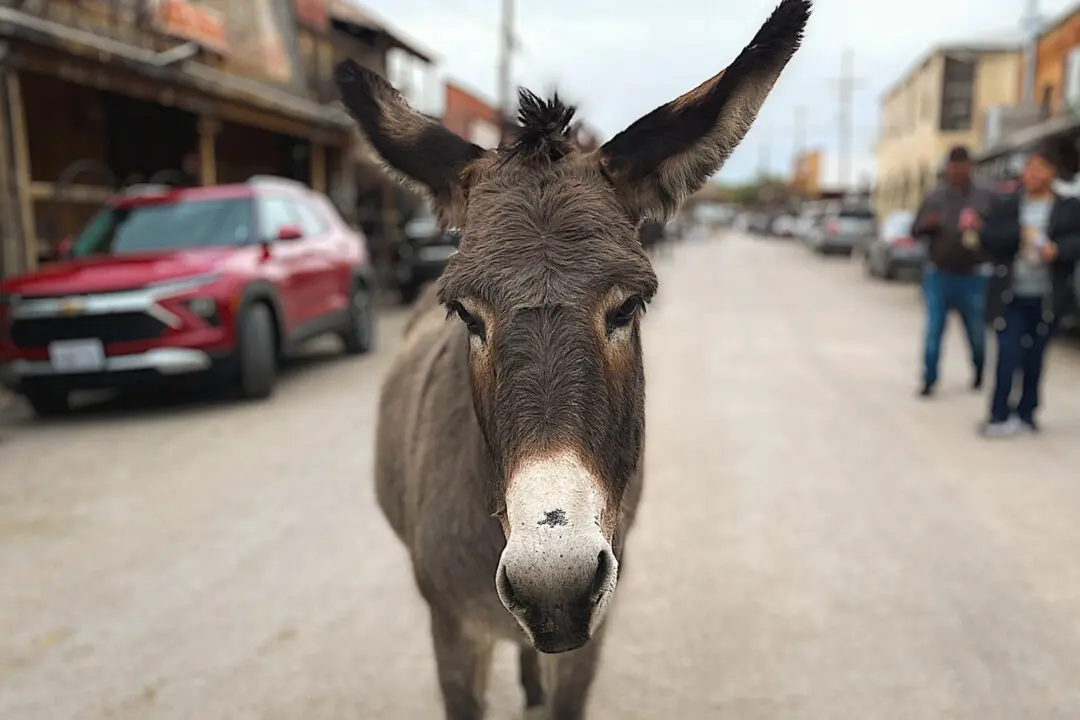The big political guns have come out blazing in the final days of Arizona’s heated governor race in the Nov. 8 general election.
On Oct. 9, America’s 45th President, Donald Trump, will hold a rally in Mesa to support his candidate of choice for governor, Kari Lake, who is running in a virtual dead heat in the polls with her Democratic opponent, Katie Hobbs.





